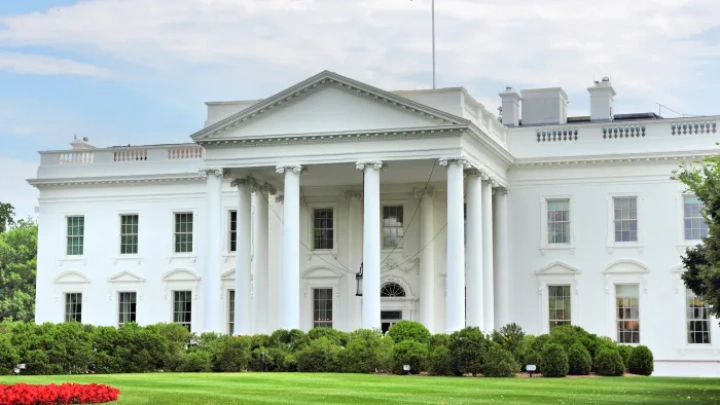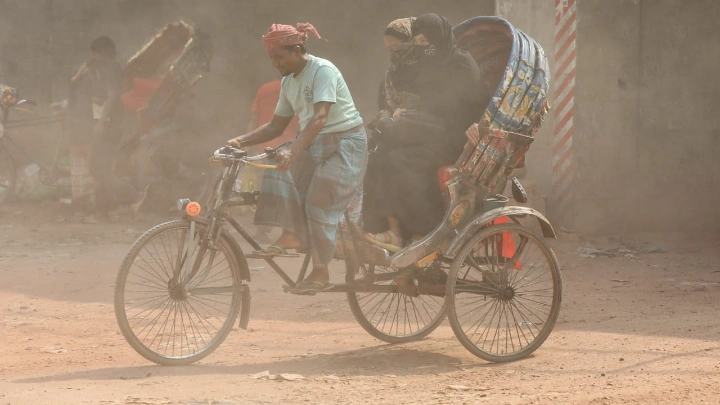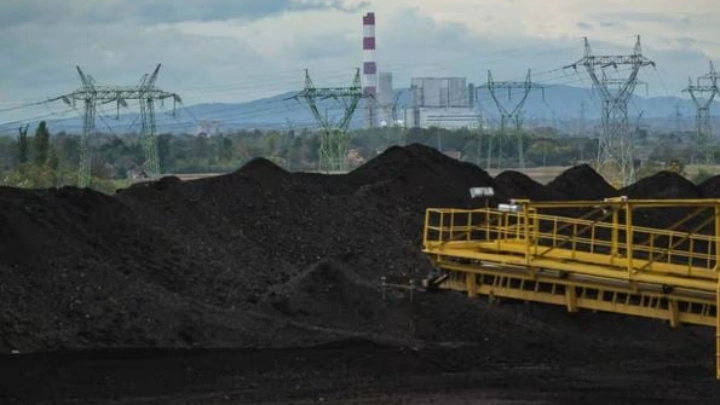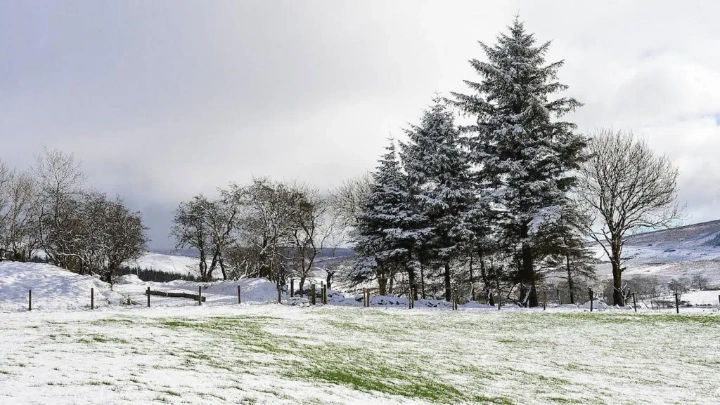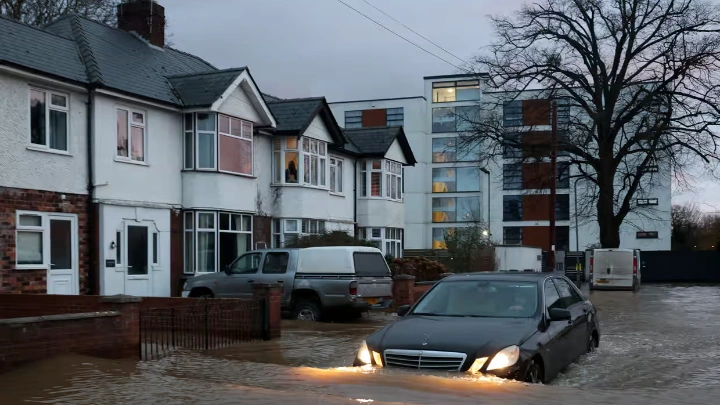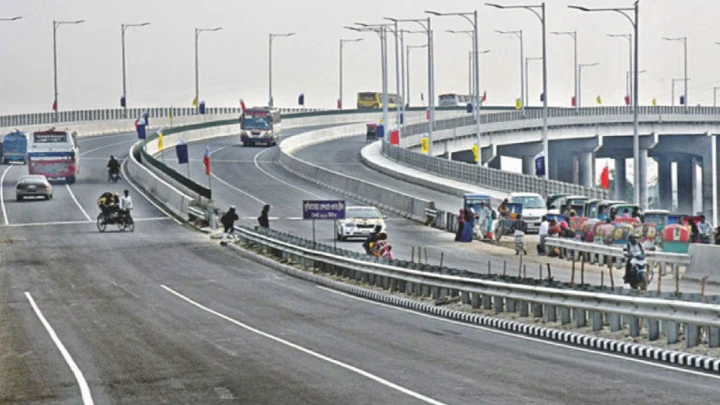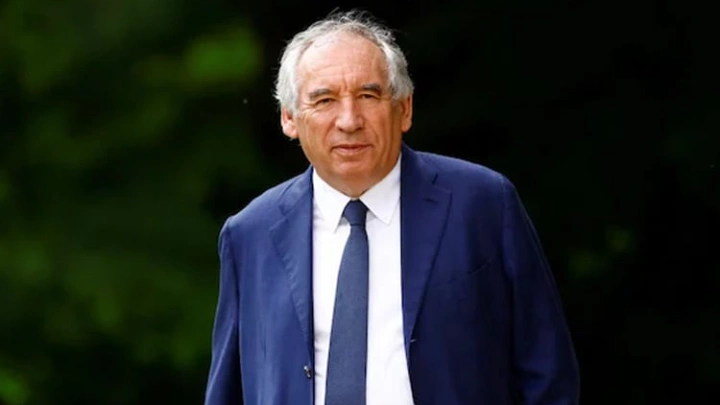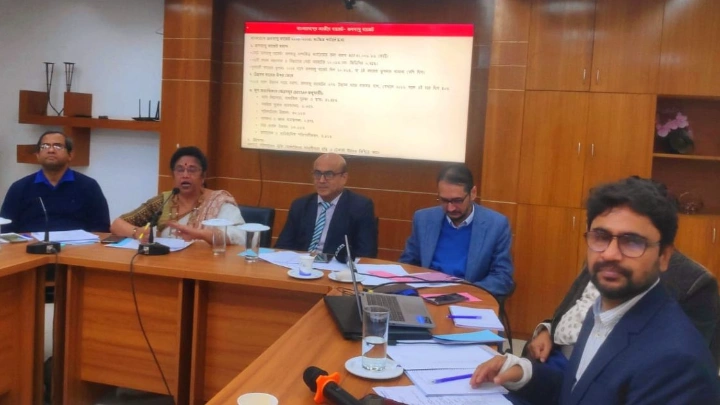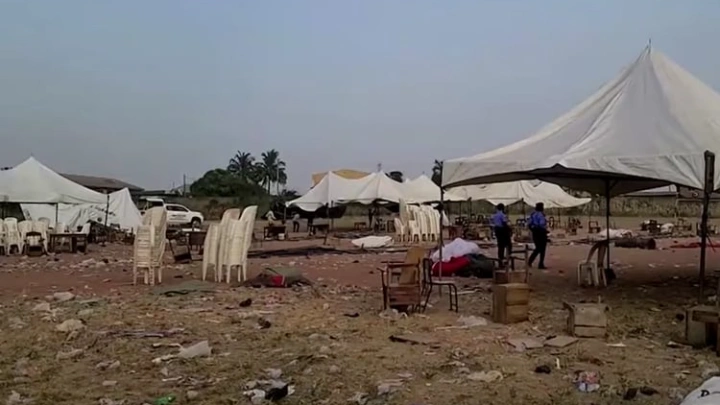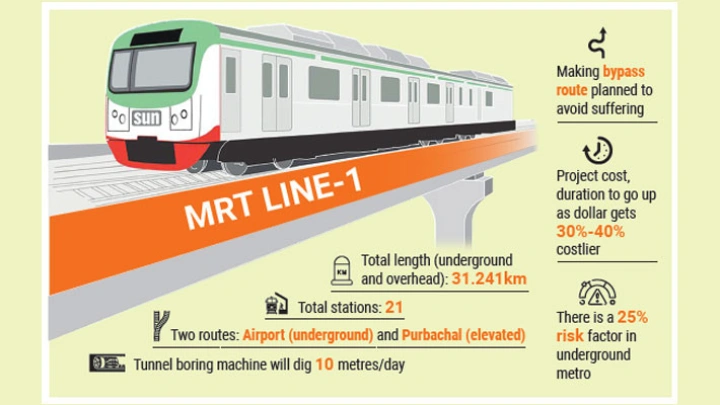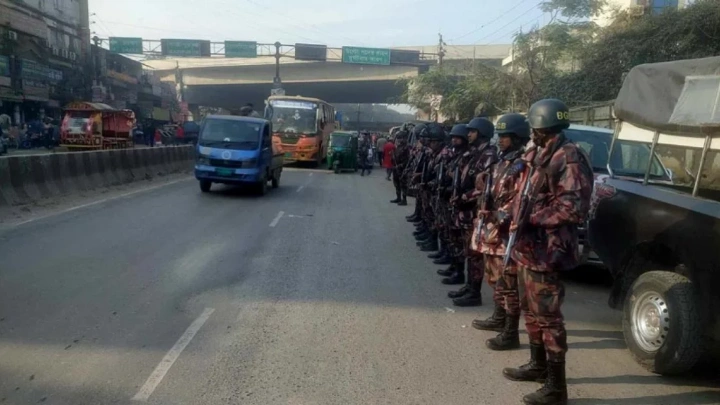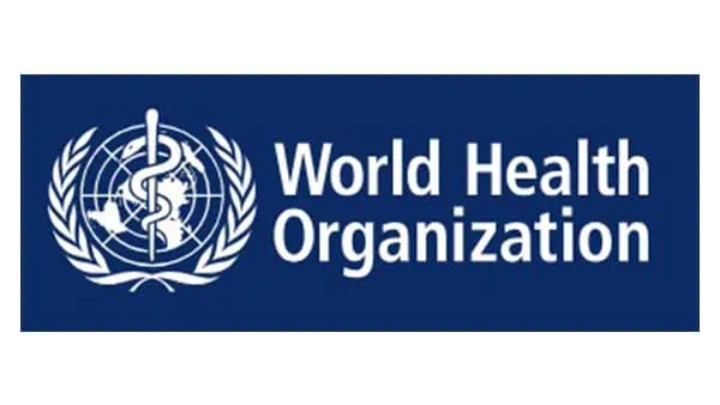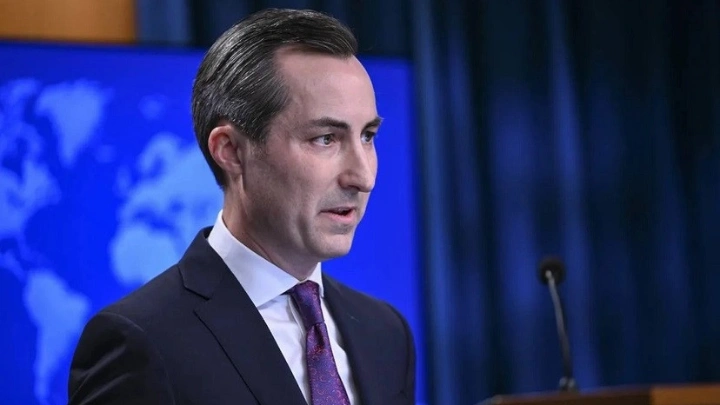US judge temporarily blocks $649 million clean-energy transmission line
Reuters || Shining BD
A federal judge on Friday temporarily blocked a land swap needed before developers can build a major clean-energy transmission line through a Mississippi River wildlife refuge, according to attorneys involved in the case.
U.S. District Judge William Conley issued a preliminary injunction suspending U.S. government approvals for the land swap during a hearing in Madison, Wisconsin, in a challenge to the nearly complete $649 million Cardinal-Hickory Creek high-voltage line brought by three environmental groups, attorneys for the groups and representatives for the project developers said.
The decision effectively blocks developers ITC Midwest and Dairyland Power Cooperative from clear-cutting a path for the line through the Upper Mississippi River National Wildlife and Fish Refuge until Conley can consider the environmental groups' challenge on its merits.
The developers said in a statement that they disagree with the court's decision to block construction on the "last mile" of the 102-mile (164 km) project, and said permits were issued for the project consistent with the government's authority under U.S. environmental review and protection laws.
Howard Learner, an attorney for the environmental groups, said the court made the right decision because the transmission line would cause irreparable harm to the refuge.
The U.S. Interior Department and U.S. Army Corps of Engineers, which were involved in approving the land exchange, declined to comment. The exchange approved last month would swap around 20 acres (8 hectares) of refuge land in the path of the transmission line to the developers in exchange for 35 acres of land that would be added elsewhere to the refuge.
The power line is a joint project between ITC, Dairyland and a third company, American Transmission Co LLC. The three companies say the line will connect more than 160 renewable energy projects to the Midwestern energy grid once complete.
Driftless Area Land Conservancy, the National Wildlife Refuge Association and the Wisconsin Wildlife Federation sued the U.S. government on March 6 seeking to block the land swap.
They claimed the federal approvals violated the National Wildlife Refuge System Improvement Act because building the transmission line in the refuge would destroy floodplains and fragment vital habitat for wildlife, which is inconsistent with the refuge’s conservation purpose.
The project’s developers have said a years-long analysis of the land swap showed it would improve the quality of the refuge and increase its total area.
Shining BD




